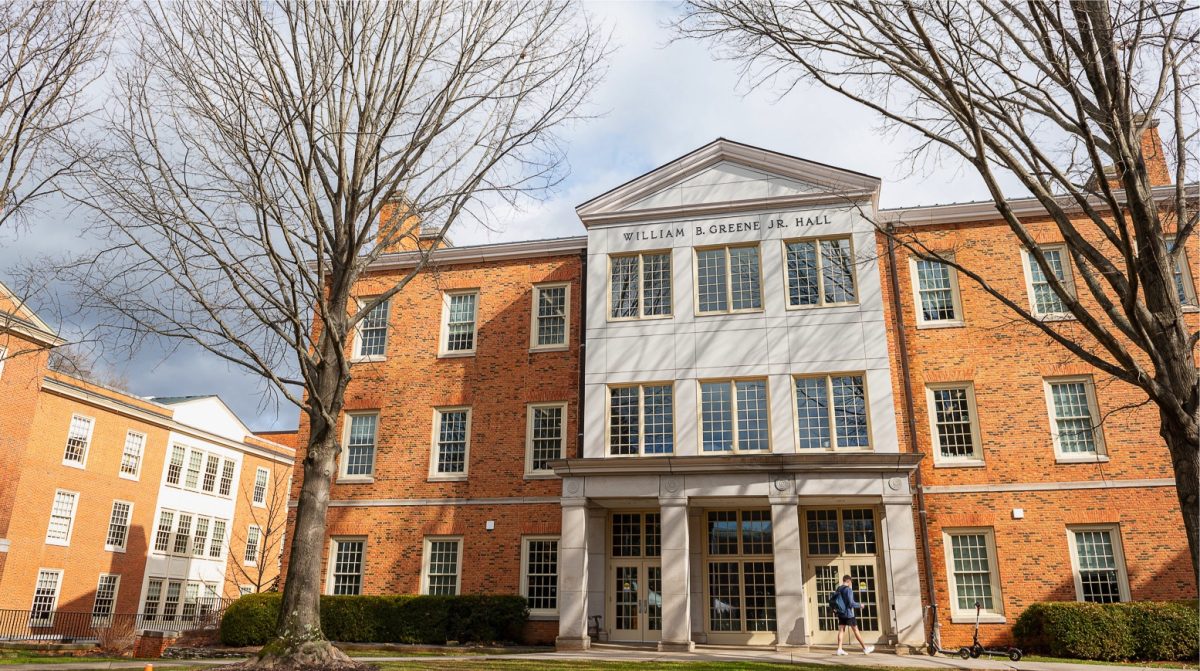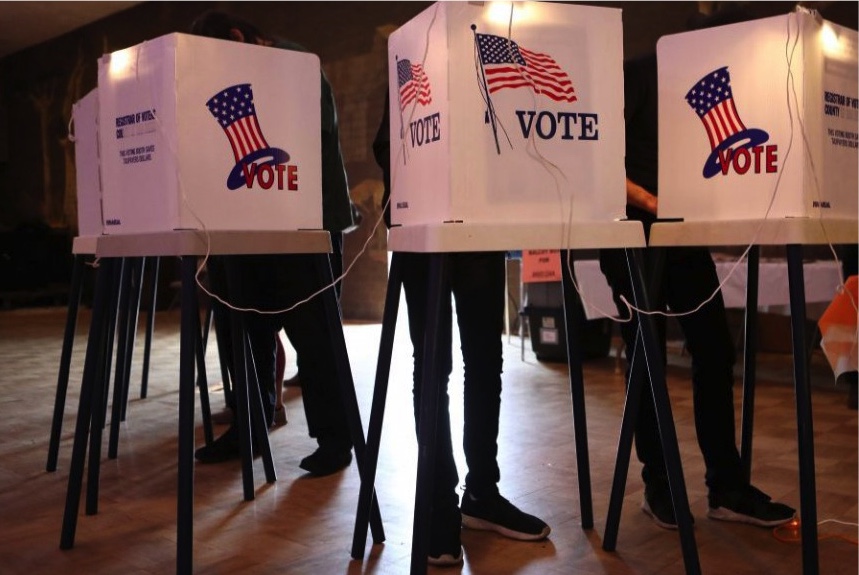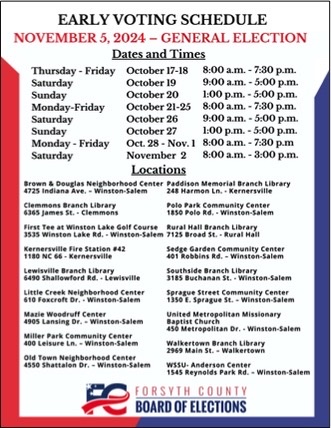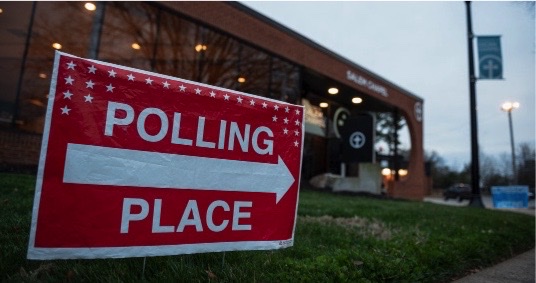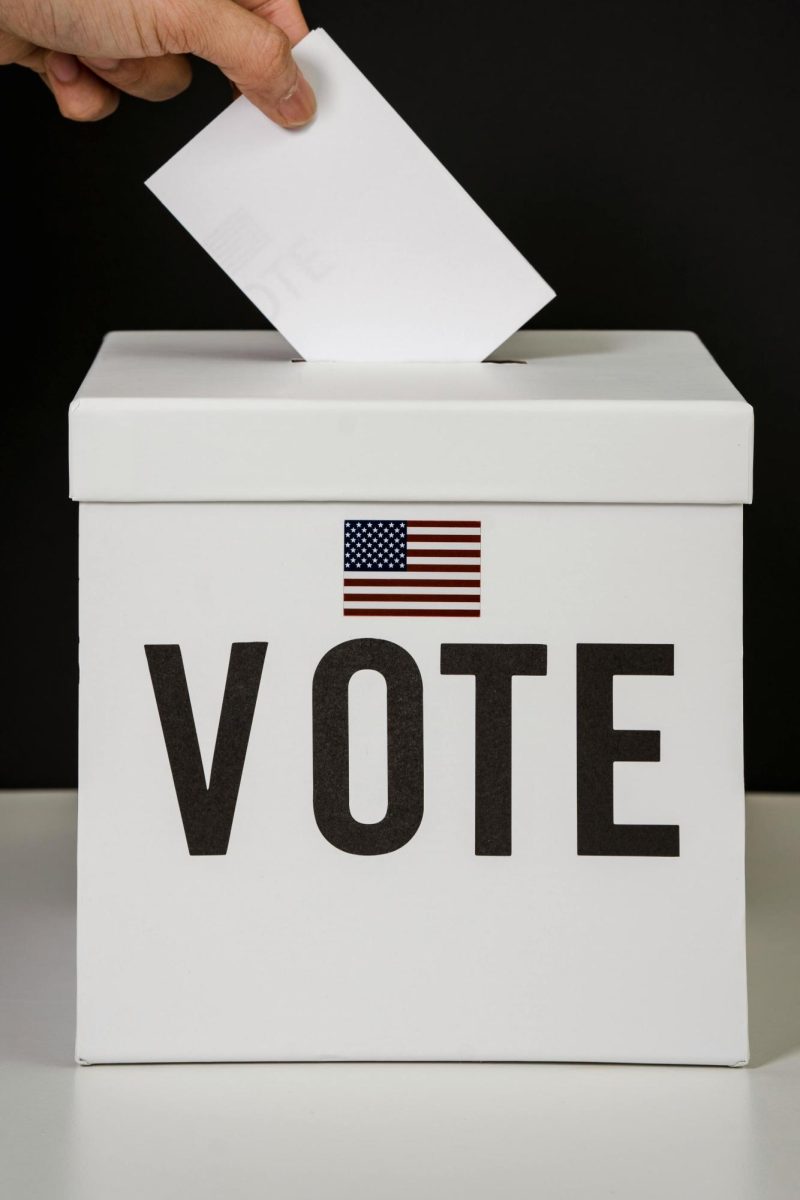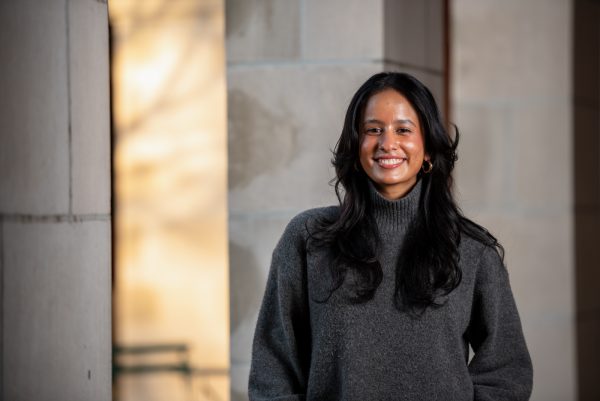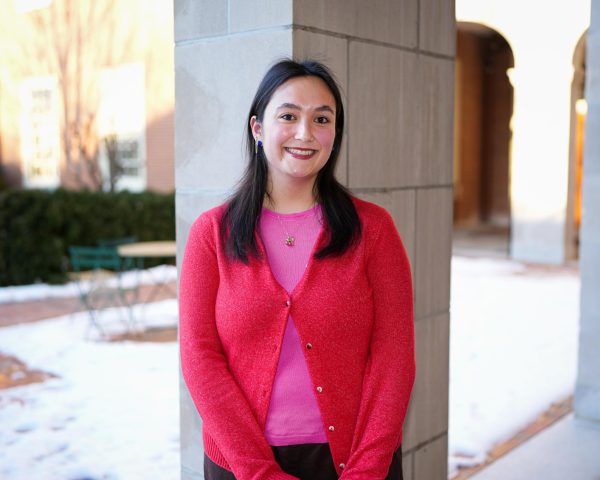As election day approaches on Nov. 5, and politics continue to polarize the country, political dialogue will inevitably increase on campus. But what happens when these conversations surpass the privacy of a dorm room or phone call?
The Old Gold & Black asked professors and students about whether personal politics should hold a place in Wake Forest classrooms. Regardless of the prevalence of the election in their courses, the interviewed professors agreed that they felt their own roles in the classroom were not to influence student preferences. Meanwhile, the interviewed students were open to political discourse in class — one even encouraged it.
Starting with, you guessed it, the politics and international affairs department, Professor and department chair Dr. John Dinan, who is currently teaching “POL 211: Political Parties, Voters, and Elections,” frequently discusses the upcoming election as it relates to previous voting trends.
“I focus especially on how political scientists can offer helpful perspectives and insight about elections, and in ways that might not be readily available in media accounts, whether regarding patterns of voter behavior, campaign strategies or election outcomes,” Dinan said.
Similarly, sociology Professor Hana Brown expressed that she finds the election a useful teaching tool in her class “SOC 364: Politics, Power and Protest.” At the beginning of the semester, her class explored the language used by the Donald Trump and Kamala Harris campaigns as a strategic tool to evoke emotions from voters. Coming up is a unit about how topics get politicized — including abortion, terrorism and immigration.
But at the beginning of such classes, she always emphasizes that her classroom is not a place to debate who should win the election.
“When I can talk about [politics, it is] from the standpoint of sociological research and sociological theory, regardless of my own political beliefs,” Brown said, emphasizing that she aims to give students the tools they need to analyze candidates and voters critically using principles of sociology.
Both Dinan and Brown acknowledged that different professors approach discussing the election in different ways, but Dinan also explained that he makes a conscious effort to discuss all of the positions up for election rather than only focusing on the presidential race. North Carolina’s Forsyth County has 29 positions for election on the ballot, including congressional races, state legislative elections, judicial elections, local elections and a state constitutional amendment.
“So much attention is paid to the presidential election, and understandably so,” Dinan said. “But these state and local elections have important consequences and deserve a lot of attention, as well.”
Sophomore Daksh Goyal has found that such discussions in his classes have directly impacted his conversations outside. He appreciates how his classes provide him with insight into the election in a respectful manner.
“I’m taking an economics class related to the Federal Reserve,” Goyal said, “and the election has come up in terms of the candidates’ economic proposals and how they might impact the decision-making by the Federal Reserve.” He expressed similar sentiments regarding his environmental policy class, which explores changes to laws and executive actions that the current administration has taken.
“I think my professors have been effective and judicious in when it makes sense to incorporate discussions around the election into their classes,” Goyal said.
Sophomore Michael Gourlias, who is taking sociology courses, says he has not discussed the election in his classes. The only time he experienced election discourse was when his French professor brought in a guest speaker for the last 10 minutes of class to help his classmates register to vote in North Carolina. Despite the lack of conversation, Gourlias thinks the election would be relevant to his sociology classes and should not be avoided.
“I think it’d be engaging,” Gourlias said. “[For example], in social statistics, we do a lot of work with past election surveys, but it’d be interesting to see how the trends we see would apply to this year.”
Gourlias also feels that discussions and debates about the election would benefit students by further developing their stances on various candidates and policy positions.
“I think it [would] make people think about their beliefs more and challenge [them],” Gourlias said. “But it also makes people more informed because a lot of people don’t really think about their position on lots of issues.”
Crystal Dixon, associate professor in the department of health and exercise sciences, explained that the election rarely comes up in her classes — and she doesn’t force the topic.
“When students enter my classroom, my goal is to create a safe space for students, so they can feel supported mentally and affirmed as individuals navigating the challenges and stresses of college life,” Dixon said.
However, Dixon went on to say that she isn’t averse to political dialogue in the classroom. In “HES 100: Lifestyles and Health,” she encourages her students to reflect on their mental health. If she finds that students increasingly mention the election, she would be open to threading it into her course content but without influencing their choices.
Dixon emphasized that she wants to avoid unintentional bias in her learning environment, but still has advice for her students.
“I always encourage students when making major decisions in life — whether an election or a job offer — to explore their inner convictions and morals and allow that to guide them,” Dixon said. “I have found that to be the most effective way to remain engaged and manage their mental health. I would advise my students to take the same approach in this upcoming election.”



